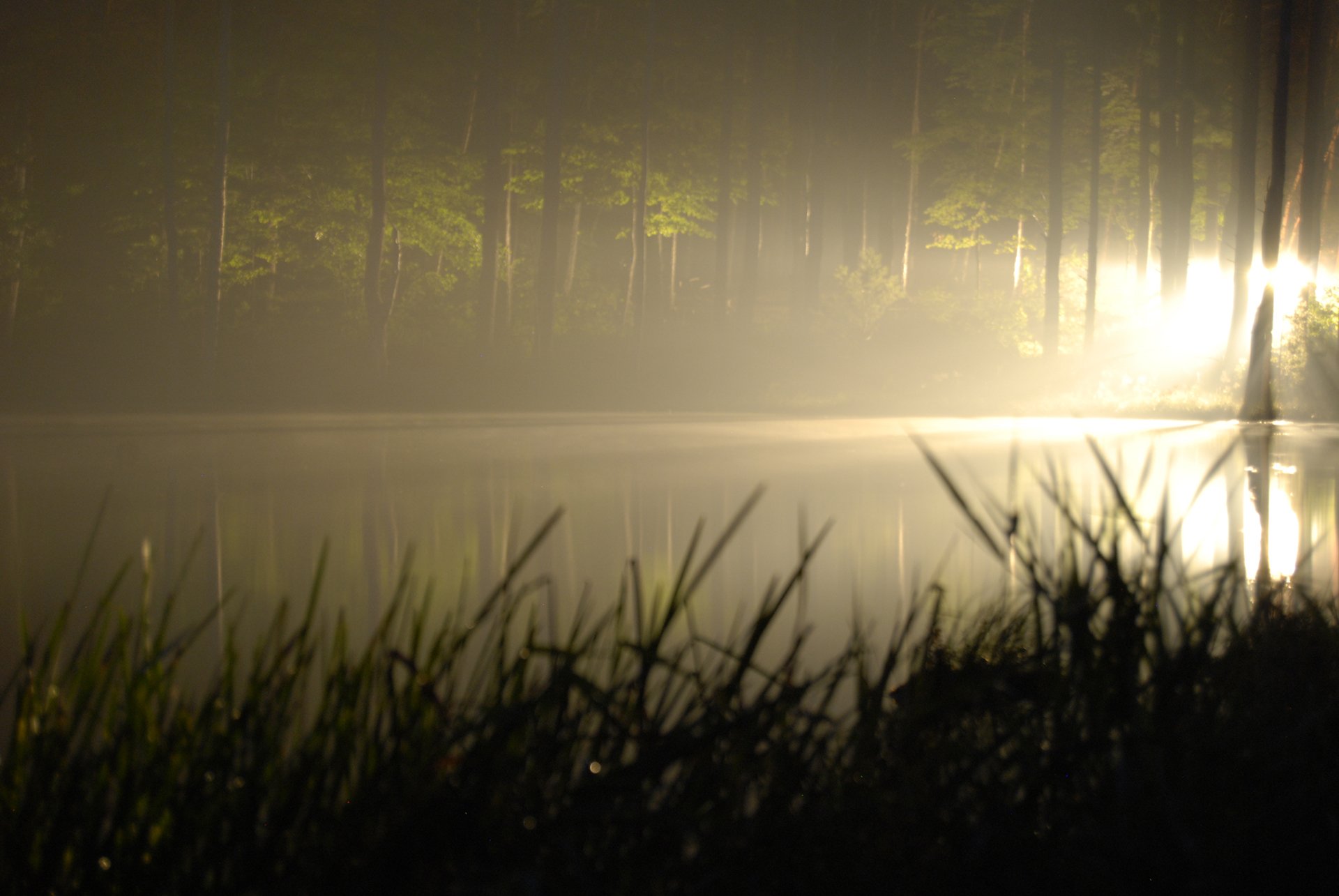We arrived in New York shortly after they’d experienced massive flooding throughout the state and just before another (smaller) flooding period. Without all that water, the Fossil project would never have happened.
Fellow campers enjoying a fire one evening.
Also, we were camping.
With borrowed camping gear, we arrived at our little piece of land at about 2AM the first day. We proceeded to set up the most hilarious camp in a field that served as a public campground.
As it turned out, borrowing camping gear can be unpredictable, especially when all three of you tap your outdoorsy buddies… We had 4 tents of various sizes (there were three of us) and we did not have a cooler. So we chose our favourite tents, set them up in the pitch dark, and put our milk and beer in the little stream next to our site.
And then it rained and rained and rained.
The campground was on top of a load of shale rock - perfect for fossils searching, not so perfect for drainage. A few days in, the field itself was ankle-deep in water and we had puddles in our tents, a frog had taken up residency in one of them.
An overflowing pond in the campground.
One night there was a massive storm, gusty wind and an absolute downpour. We found out later there’d been a tornado nearby.
Emerging from our soggy tents in the morning, we discovered our milk and beer had been washed away, our stream now tumultuous rapids. Martin put on his boots and went in search of our supplies - we needed milk for our morning tea! He did manage to find them, well shaken, stuck in some rocks downstream. The beer was salvaged, however, a night of being shaken had separated the milk, we drank our tea black that day.
Needless to say, we were the only ones left in that camp group by the time we packed up – which involved throwing everything into the car and having one of us drive all of that to a sheltered gazebo so we could pack properly out of the deluge.
The way out, we finally found a road with shallow enough water that we could cross the low-lands.
Even getting out of the state was a challenge. Most low roads were impassable with flooding and locals would laugh when we told them our destination. By the time we made it to the Canadian border, loaded down with our rock samples, our vehicle was rank with the smell of wet shoes and chicken wing flavoured potato chips.



